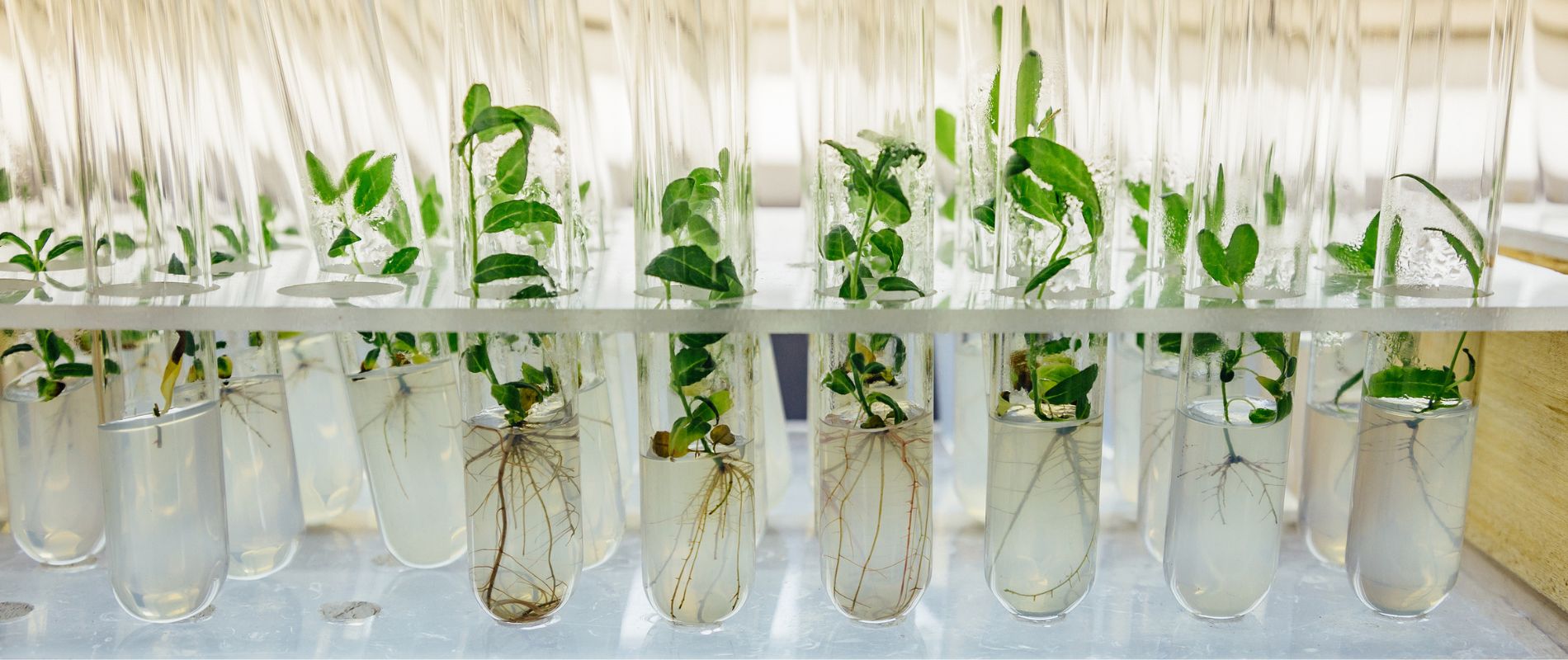In early July, the European Commission proposed revising its rules on gene editing technologies, following a 2021 review that showed the inadequacy of the existing Genetically Modified Organisms (GMO) legislation when it came to new breeding techniques. The proposed revision, if adopted, would represent a drastic change in regulations, and would be welcome by researchers and innovators.
New breeding techniques such as gene editing are offering promising traits to farmers and consumers. From higher yield, resistance to diseases and pests, and a longer shelf-life, to heart-healthy oils and crops that can produce sustainable fuel, the techniques allow precise changes to be made quickly, delivering improvements that are urgently needed by growers worldwide.
The Commission has proposed to separate New Genomic Techniques (NGT) into two categories. The first category would include plants that were obtained using NGT, but where the same results could have been produced using conventional breeding (over a much longer stretch of time). These plants would require notification but would not need to be labelled as GMOs and would not need to go through a risk assessment by food safety regulators.
The second category would include plants where NGT led to more complex modifications. These plants would go through a risk assessment process. Plants in this category with increased climate change tolerance, and reduced water or fertiliser requirements would go through a faster approval process.
The proposed revision may go through more changes and needs to be approved by the European Parliament and EU member states. The EU’s 1999 GMO Directive, the overall legal framework that regulates GMOs, remains unchanged despite this new proposal.
The changes will bring the EU more in line with North America and Australia who have typically been more progressive with genetically edited technologies in relation to plants. In the US, gene-edited crops are not subject to the same regulations as GMOs as long as they do not contain foreign DNA; and in Canada gene-edited plants are regulated on a case-by-case basis, depending on specific traits and the potential risks. In Australia gene-edited organisms that do not introduce new genetic material are also exempt from the GMO definition, allowing for some gene-edited plants to be treated similarly to conventionally bred plants.
—
Read more about the proposed changes:
- A summary of the proposal (EC website)
- The proposal
